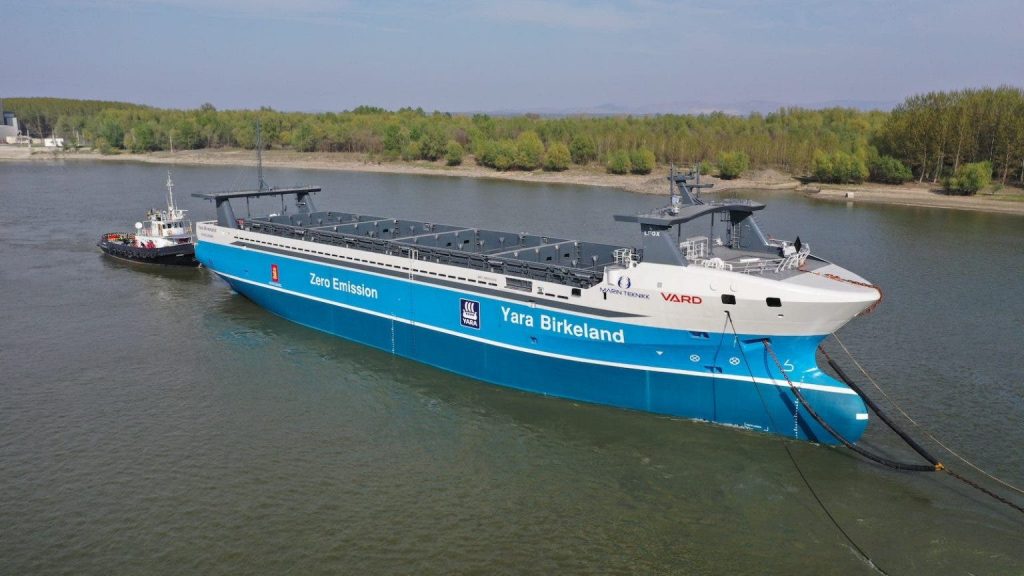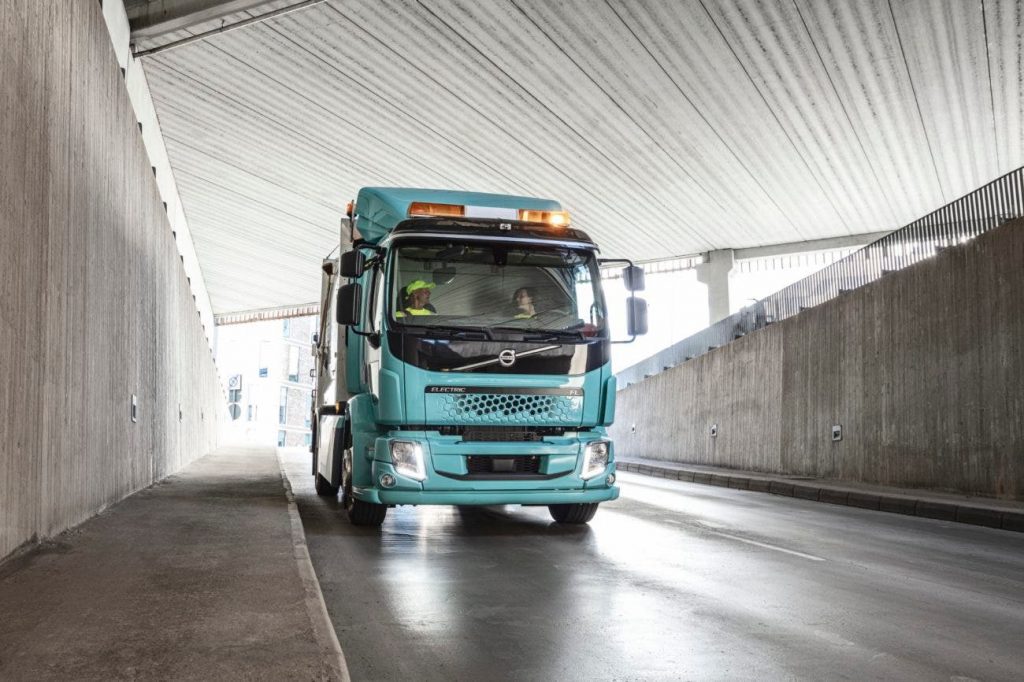February 18 NEC Energy News
¶ “Accelerated Ammonia Synthesis Holds Promise For The Conversion Of Renewable Energy” • Research by scientists at Hiroshima University reveals a way to make ammonia at ambient pressure from its constituent nitrogen and hydrogen molecules. The study demonstrates a process with potential uses for storage and transfer of renewable energy. [CleanTechnica]

¶ “Report Says New Nuclear Reactor Is Risky; Utilities Disagree” • A new type of nuclear reactor that would provide carbon-free energy to at least four states in the Western US poses financial risks for utilities and their ratepayers, according to a report. The report was immediately criticized by the project’s owner and the company developing the reactor. [KUTV]
¶ “New Unit At Plant Vogtle Hits Another 6-Month Delay” • The first of two nuclear reactors being built at Plant Vogtle might not begin generating electricity until as late as March 2023, Georgia Power Co now says. Reports of such delays for the reactors have become routine. With cost overruns, the project will cost its owners nearly $30 billion. [WRDW]
¶ “Why The Future Of Long-Haul Trucking Is Battery Electric” • There is increasing consensus among European truck makers and industry stakeholders that battery electric trucks will play a dominant role in the decarbonization of road freight. Low fuel and maintenance costs make battery EVs very competitive for long-haul transport. [CleanTechnica]

¶ “Vermont Regulators Say GlobalFoundries Can’t Form Its Own Utility Exempt From Renewable Energy Standards” • Vermont utility regulators ruled that the manufacturer GlobalFoundries can’t create its own power utility exempt from state renewable energy standards. The commission said it has no authority to allow such a move. [Vermont Public Radio]
¶ “Biden Announces $1 Billion In Infrastructure Funding To Clean Up The Great Lakes” • President Joe Biden announced $1 billion in funding from his administration’s infrastructure law would go toward cleanup and restoration of the Great Lakes. The bulk of funding is to restore “Areas of Concern” that the EPA has identified as severely degraded. [CNN]
For more news, please visit geoharvey – Daily News about Energy and Climate Change.
